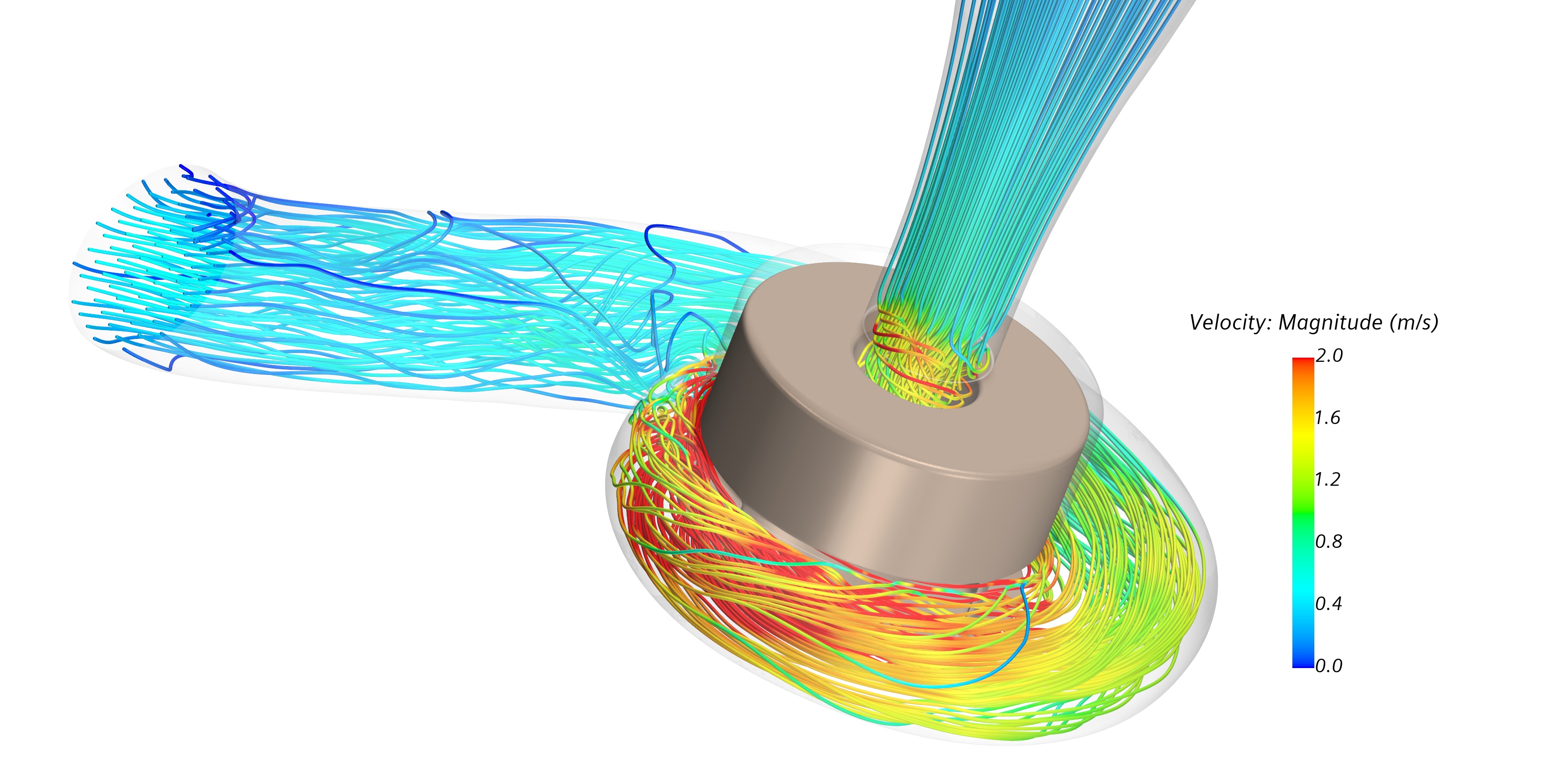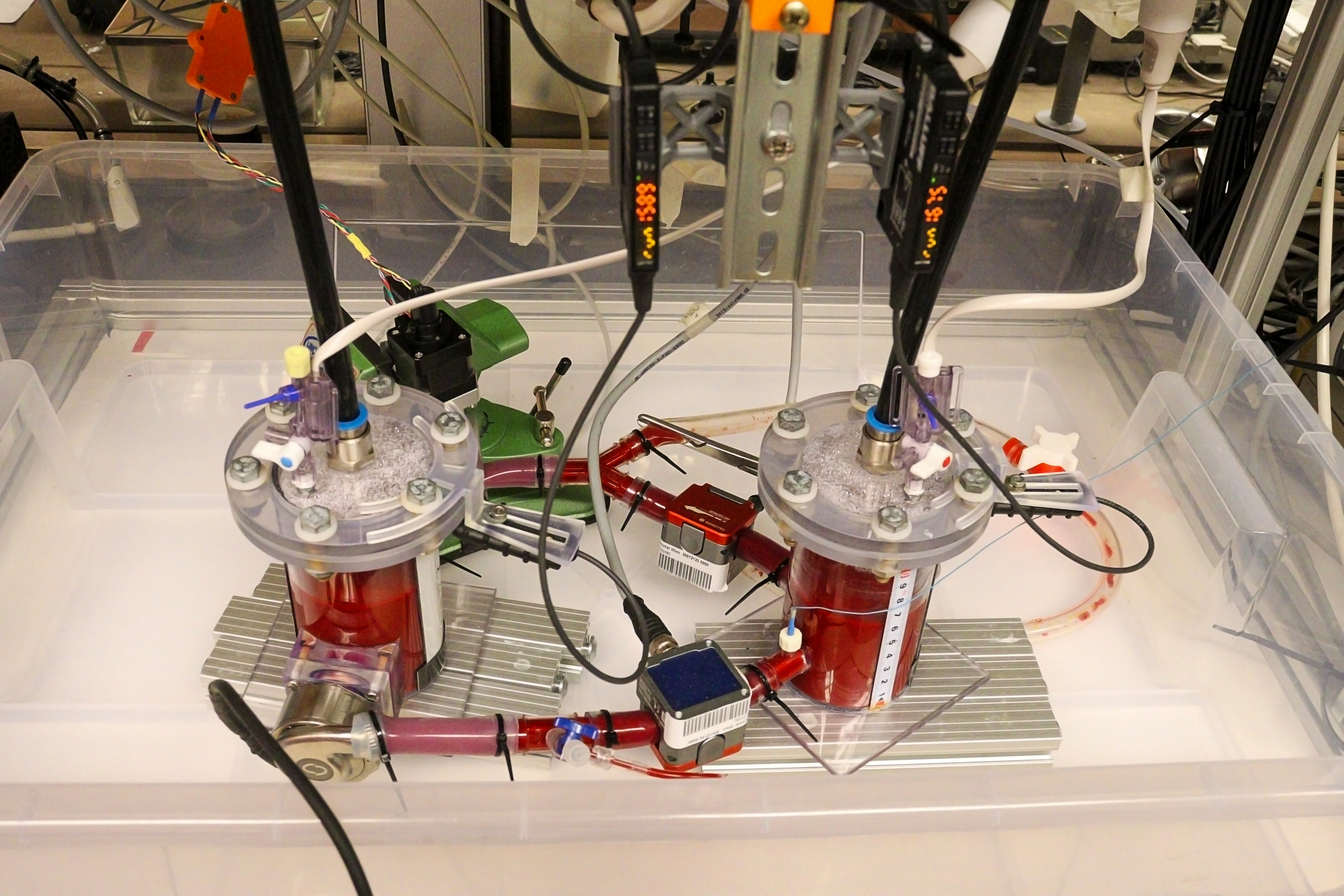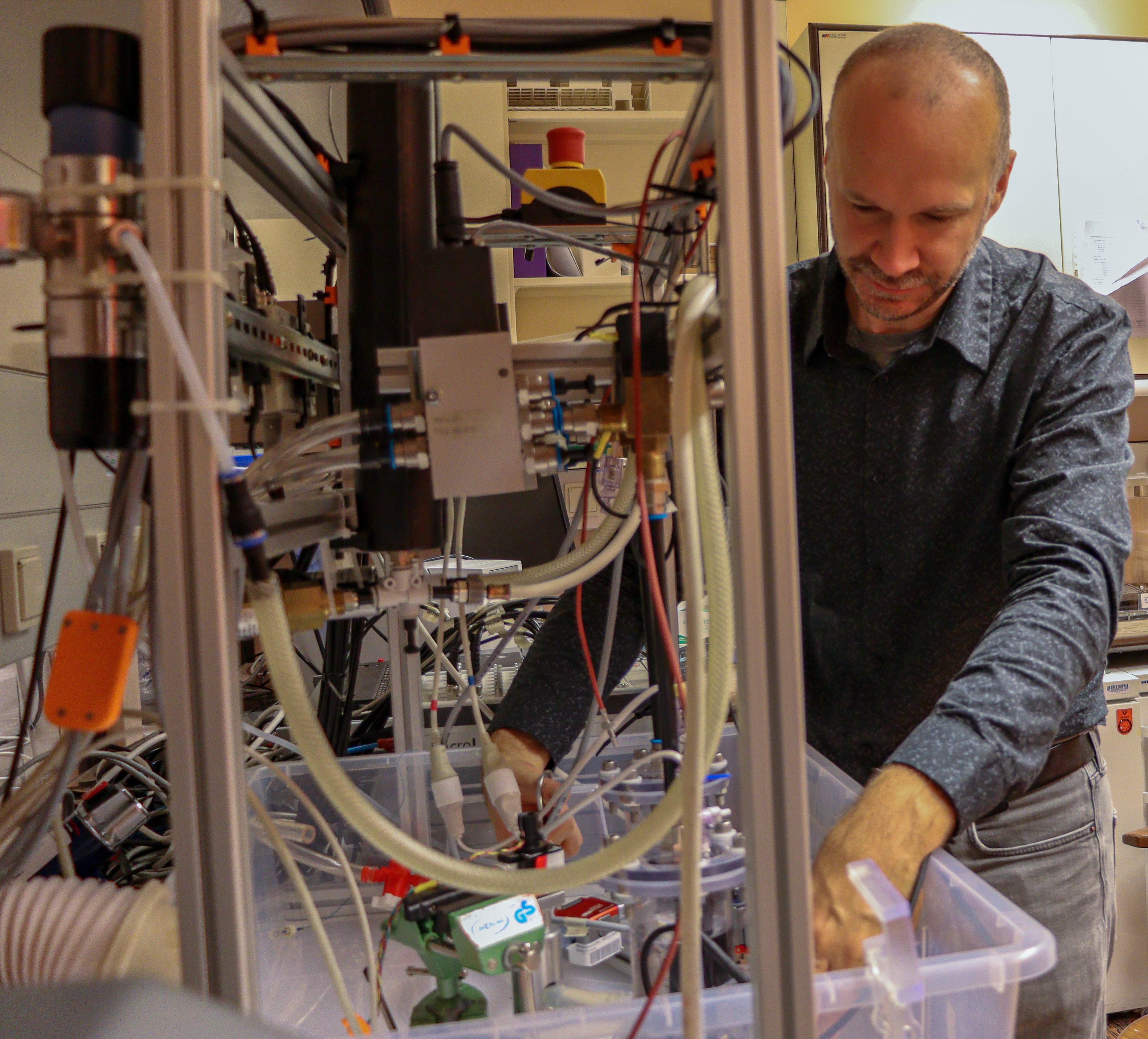

The CD Laboratory for Mechanical Circulatory Support investigates the interaction between implantable blood pumps for cardiac support and paediatric patients with failing hearts. An optimised interaction should prevent complications, improve quality of life and promote cardiac recovery and thus the healing of patients.
In recent decades, left ventricular (left ventricle-related) cardiac support with implantable blood pumps has become a standard therapy for adult heart failure patients as a bridge to heart transplantation or even as permanent support. In paediatric patients, the anatomical and physiological conditions are challenging: due to the small size and low pump flows, the interaction between the patient and the pump is more complex. Therefore, only non-implantable, temporary pump systems are currently available for children with heart failure.
The aim of this CD Laboratory is to transform mechanical circulatory support for children into a long-term treatment option with a low complication rate while promoting cardiac recovery. To this end, research is being conducted on three main aspects: cardiac biomechanics, haemodynamics and haemocompatibility.
Biomechanics of the heart: In order to promote the recovery of a failing heart, the influence of existing and novel ventricular assist devices on the biomechanics and recovery of the heart will be investigated in a novel, validated paediatric animal model. In addition, innovative systems will be developed to inform physicians about the patient's cardiac function and thus support the complex decision-making process as to whether a pump explantation is possible.
Haemodynamics: A range of haemodynamic information can be derived from the signals available from an implanted pump. This is combined with data from implantable sensors to automatically adapt the pump performance to the patient's needs. A known risk of left ventricular assist devices is the additional failure of the right ventricle. Therefore, special attention is paid to the interaction between the right and the supported left ventricle: Using a novel isolated heart model, the interaction between the halves of the heart will be investigated and optimised.
Haemocompatibility: The implanted mechanical pump can damage blood components and cause thromboembolic complications. The relationship between blood damage and pump properties is therefore being investigated and the blood flow at the interface between the ventricle and the pump is being optimised.
All findings from the CD Laboratory are implemented in a numerical model of the cardiovascular system, which can be used to simulate a wide range of virtual patients. Based on this data, an optimal strategy for cardiac support is derived that avoids complications, increases quality of life and promotes cardiac recovery in as many cases as possible. This strategy will ultimately be tested for safety and efficacy in a chronic animal model.
The researchers in this CD Laboratory are working towards enabling the use of implantable blood pumps as a curative therapy with a low complication rate in children, which is of very high scientific, medical and socio-economic relevance.

Christian Doppler Forschungsgesellschaft
Boltzmanngasse 20/1/3 | 1090 Wien | Tel: +43 1 5042205 | Fax: +43 1 5042205-20 | office@cdg.ac.at

